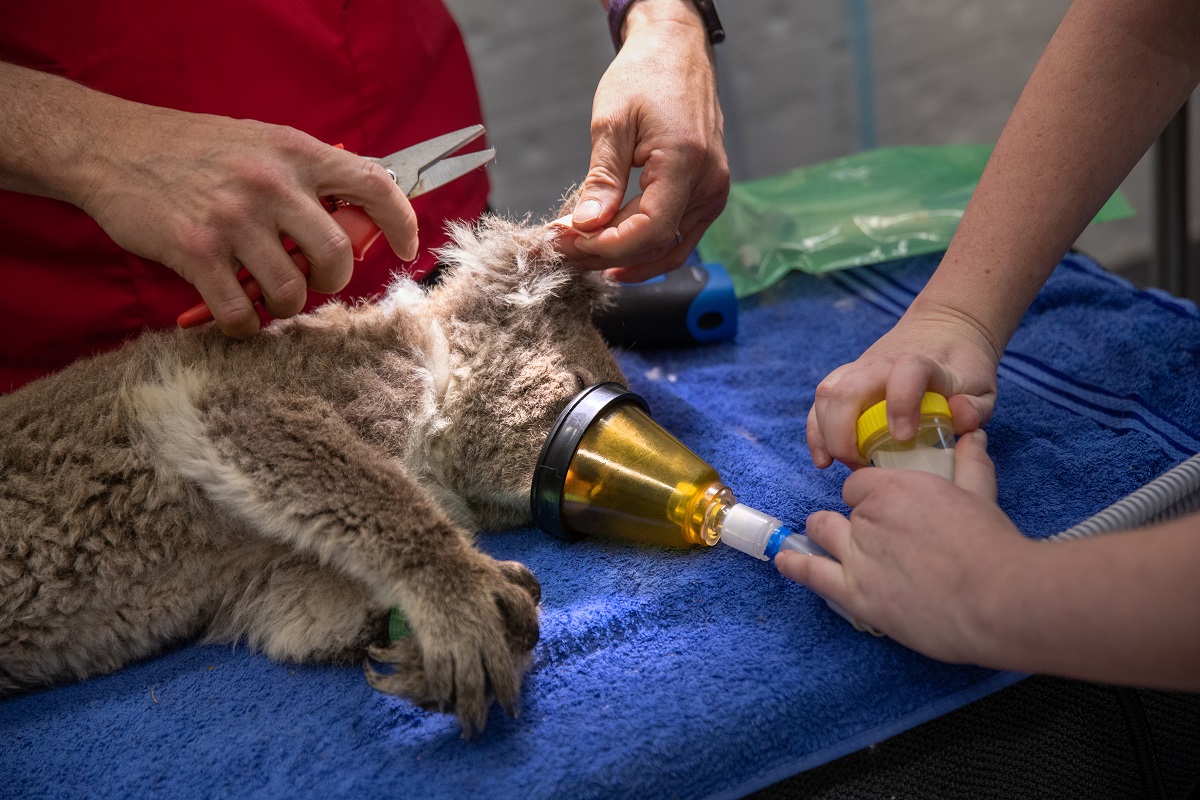Three veterinary wildlife hospitals have joined a national program to help track the health of Australia’s wildlife.
Byron Bay Wildlife Hospital, WA Wildlife Hospital, and Bonorong Hospital in Tasmania have all joined the program known as ‘Sentinel Clinics’ which track emerging diseases that have the potential to affect human or environmental health, or animals in agriculture.
The program, coordinated by Wildlife Health Australia (WHA), now has ten clinics participating and assists in the sharing of data and discoveries between veterinary hospitals that either have a high wildlife caseload or are in an important location.
Rupert Woods, CEO of WHA, said the addition of the three new hospitals will significantly boost the Sentinel Clinic surveillance program.
“The addition of these sentinel clinics adds to the big picture of wildlife health. The wildlife hospitals will help to enhance existing surveillance programs across Australia. The information these private hospitals feed through to us will complement what is already being collected through the seven other sentinel clinics, as well as zoo wildlife hospitals, universities, and wildlife carers.”
Woods said that wildlife are the most common source of emerging diseases and they are on the lookout for anything new, including diseases found overseas that could come into Australia.
“We help Australian governments keep an eye on potential disease threats that could impact our biodiversity, as well as threats to farmed animals such as avian influenza, or those with human health implications such as Australian bat lyssavirus.”
To stay up-to-date on the latest industry headlines, sign up to the Pet Industry News e-newsletter.

